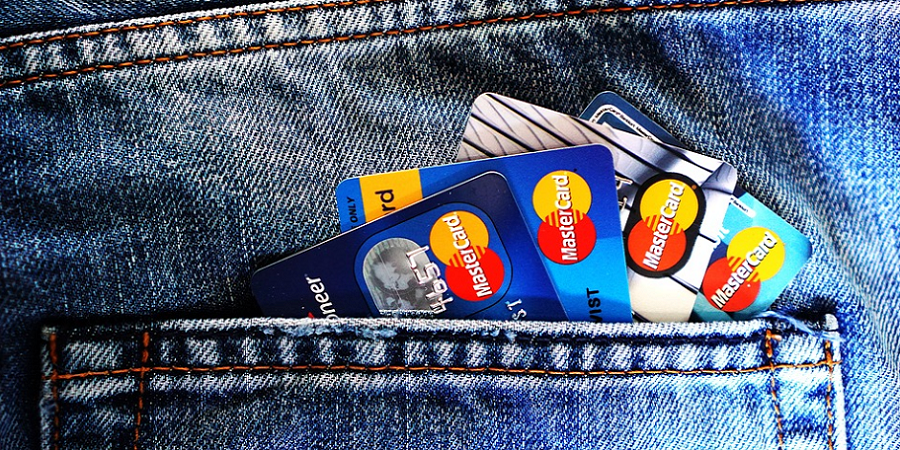Paying for things in 2025 is quick, efficient, and, what’s more, it’s going to be seamless. Whether you’re buying your daily coffee or withdrawing from a gambling app, the message is the same: nobody likes to wait around. The slow transaction, cumbersome checkout, and muddled payment procedure are fast becoming an old-hat concept.
So, exactly what’s changing, and how are UK companies adapting to what people now demand?
Let’s take a look at what digital payment trends are redefining the way we spend, withdraw, and interact with money online in today’s online-first world.
Convenience Is No Longer a Bonus—It’s the Norm
Think about the last time you had to manually type in your card numbers or wait more than 48 hours for a refund. Frustrating, wasn’t it? That’s exactly why speed and convenience are no longer the exception but the norm.
Digital wallets, mobile pay, one-click checkout; there’s no way to avoid them. Consumers want to tap and go, swipe and forget they ever spent money. If the process is too time-consuming or inconvenient, chances are they’ll cut bait and shop elsewhere. That is why all business sizes are sprinting to simplify the experience.
Even QR codes, which were once a novelty, now feature daily in payment transactions, most prominently at restaurants, events, and pop-ups. And let’s not even speak of contactless payments, now happily the de facto standard for supermarket shopping, journeys on trains, and everything in between.
Security Is Front and Centre
Of course, with all that convenience, there is always one burning question: Is it safe?
The short answer? Yes, but only if businesses are keeping up. Consumers now expect strong security features baked into every transaction. We’re talking facial recognition, fingerprint ID, and two-factor authentication; things that might have seemed high-tech five years ago are now basic requirements.
Firms are investing more in encryption, fraud detection, and real-time alerting. Because let’s be honest, if a customer doesn’t trust your payment process, they won’t be hanging around. It’s no longer just a matter of protecting data. It’s making people feel secure each time they press ‘Pay Now’.
Real-Time Expectations Hit the Betting Industry
Nowhere is there such a call for speed more obvious than in the betting and gaming arena. There, punters expect everything to move in high gear, especially in receiving their payouts.
That’s why instant withdrawal betting sites are so popular. They enable people to withdraw and get their money in minutes, not days. And in 2025, that’s not a bonus, it’s the norm. If a site can’t do that, customers will go somewhere that can.
It’s a paradigm case of how consumers’ behaviour is driving entire industries to adapt. And it has nothing to do with pace. It is also about transparency, low costs, and having the ability to move money around in your own time.
Companies Are Adapting—Quickly
So, how are UK businesses actually responding to all this? The good news is, they’re moving rapidly.
Merchants are embracing digital-first payment systems like Pay by Bank or Apple Pay. Subscription-based models are making payments recurring to avoid disruption. Small businesses are also stepping into plug-and-play payment solutions that allow them to give smooth checkout experiences without massive overheads.
More and more companies are also jumping into instant payouts, most notably in e-commerce, the gig economy, and entertainment, wherein customers and workers look for quick payouts.
The more flexible the range of payment methods that a business can offer, the better the opportunity to meet consumers’ needs and remain competitive.
The Role of Regulation and Open Banking
Regulation is also working behind the scenes to hurry things along. PSD2 and SCA are in the mix, so security is improved without excessive amounts of friction. That’s good for everyone.
And then there’s open banking, which is changing the payments experience itself. By allowing apps and services to connect directly to your bank account (with your consent), open banking accelerates payments, lowers their cost, and makes them safer. Already being used by fintech firms across the UK, in 2025, it’s going more mainstream by the day.
This kind of collaboration among banks, tech firms, and corporations is shaping the future of payments: swifter, more secure, and more integrated.
What’s Next?
If things are already going fast nowadays, wait another couple of years.
Artificial intelligence is already used to detect fraud in real time, to tailor offers to your buying patterns, and to process payments in the background. It will only get smarter and more embedded.
Crypto payments and decentralised finance? They’re still in early days, but some UK platforms are experimenting with them, especially in international transactions and niche markets.
And let’s not forget embedded finance. That’s when payment features are built directly into the apps and platforms you’re already using. Think ordering food in one tap, paying for petrol via your car dashboard, or sending a mate money through your social media app.
Final Thoughts
Online payments in Britain have changed out of all recognition, and they’re changing even faster. As a consumer, it’s all about convenience, security, and pace. As a company, it’s a game of catch-up to deliver on those needs without getting left behind.






